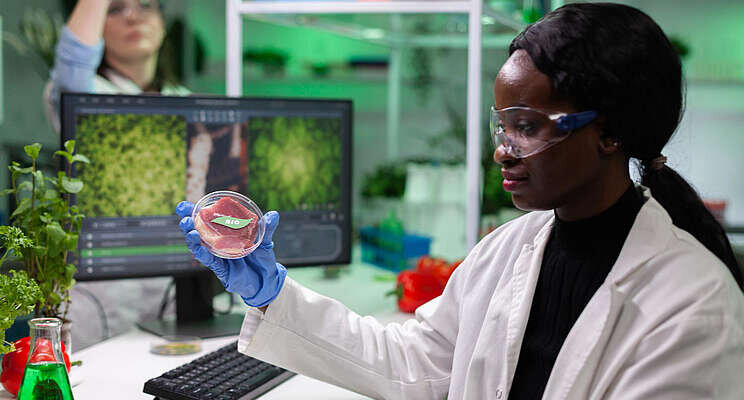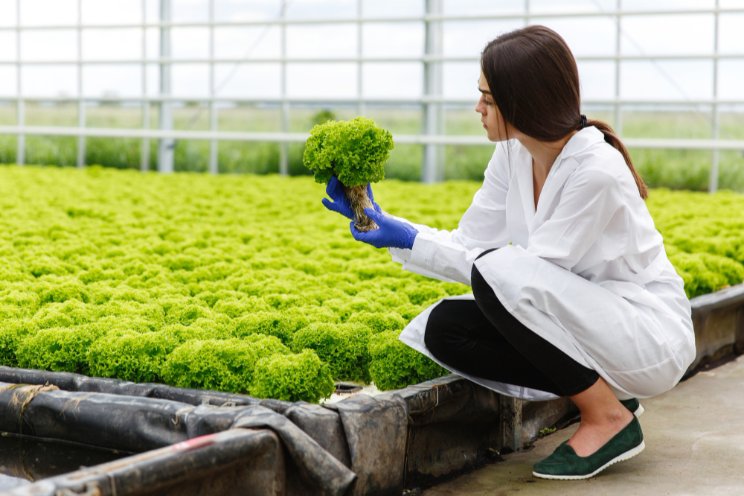Here's how lab-grown meat can reduce GHG emissions
Added on 09 July 2022

Greenhouse gases and their effects on the environment are a frequent topic of discussion, but few realize how extensive the scope of their impact is. Greenhouse gas emissions are directly tied to the progression of global warming, one of the most pressing environmental threats facing our planet today. However, some steps can be taken to remediate and potentially reverse these gases' harmful effects on our environment, beginning with the production of lab-grown meat.
Agriculture, greenhouse gas emissions, and water pollution
Generally, people tend to think of vehicles and manufacturing as the main culprits of greenhouse gas emissions, but the role that agriculture plays in the release of these destructive compounds cannot be ignored. Every year, a single cow produces around 220 pounds of methane. Given the number of cattle that must be raised to meet the food supply demands of our growing population, this is a troubling statistic.
Continue reading.
Photo created by DCStudio - www.freepik.com
Source: Net News Ledger
More news















